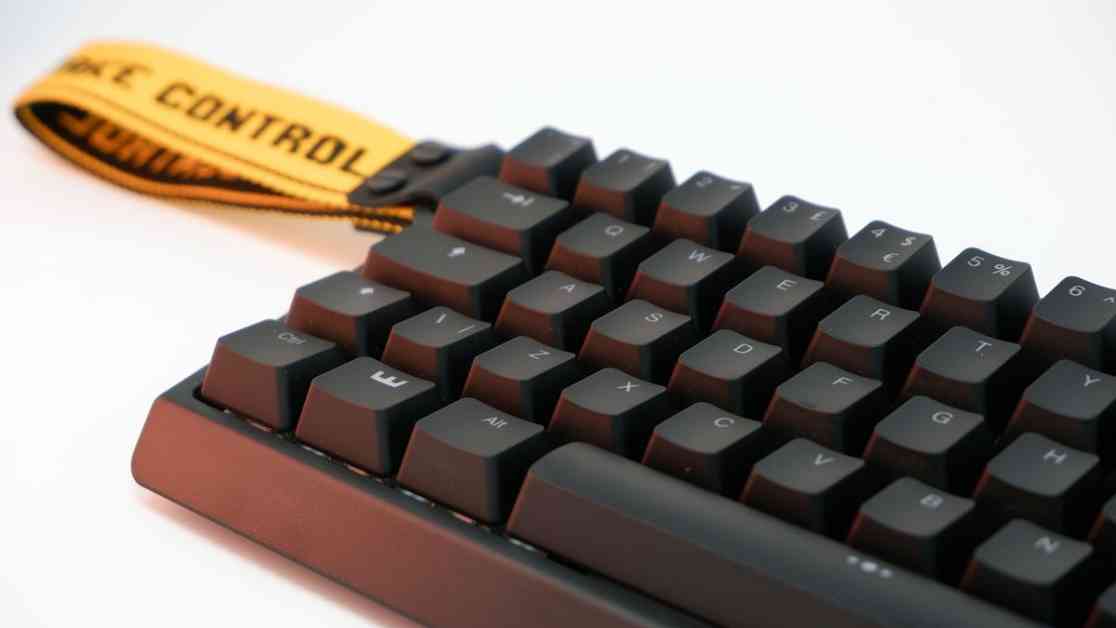Could gaming keyboards be considered cheating in competitive shooters like Counter-Strike, Overwatch, and Valorant? Some players argue that the last input priority SOCD, also known as ‘Snap Tap’ by Razer, could give an unfair advantage. This setting allows for quicker and more accurate movements in games like Counter-Strike by prioritizing the last key pressed, improving aim accuracy and response time.
Counter-strafing in CS is a crucial skill that requires precise timing and coordination to stop moving and shoot accurately. With SOCD enabled on gaming keyboards like Razer’s Huntsman V3 and Wooting keyboards, players can achieve perfect transitions between key presses effortlessly. This feature has sparked debates among players and tournament organizers, with some considering it cheating and others seeing it as a legitimate advantage.
Implementing SOCD in competitive shooters raises questions about fairness and accessibility. While some argue that it levels the playing field by making advanced techniques easier for all players, others believe it undermines the skill and practice required to master these skills. The decision to allow or ban SOCD in tournaments ultimately rests on game developers and organizers.
Analog gaming keyboards like Wooting One offer additional features like Rapid Trigger and Rappy Snappy, which enhance responsiveness and reduce latency for competitive gaming. These advancements in keyboard technology blur the line between cheating and competitive advantage, prompting discussions about what constitutes fair play in gaming.
As PC gaming hardware continues to evolve, players and developers will need to navigate the ethical implications of using advanced features to gain an edge in competitive play. The debate over SOCD in gaming keyboards is just one example of how technology is reshaping the gaming landscape and challenging traditional notions of fairness and skill in esports.












